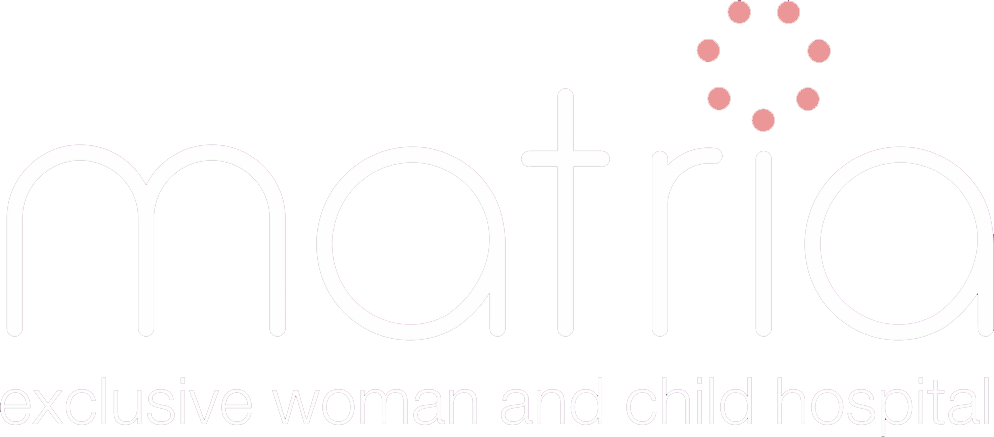Blog
Hypertension
Blood pressure is the measure of the force that your heart uses to pump blood around your body. It is measured in millimetres of mercury (mmHg) and is given as 2 figures
Systolic pressure – the pressure when your heart pushes blood out
Diastolic pressure – the pressure when your heart rests between beats
Ideal blood pressure is considered to be between 90/60mmHg and 120/80mmHg.
Hypertension
A blood pressure reading between 120/80mmHg and 140/90mmHg could mean you’re at risk of developing high blood pressure, if you don’t take steps to keep your blood pressure under control.
If your blood pressure is too high, it puts extra strain on your blood vessels, heart and other organs, such as the brain, kidneys and eyes. Persistent high blood pressure can increase your risk of a number of serious and potentially life-threatening conditions, such as:
Heart disease that may lead to heart failure and attacks
Strokes
Peripheral arterial disease
Aortic aneurysms
Kidney disease
Vascular dementia
Primary Hypertension is a condition where there is no identifiable causes. Age, genetics or unhealthy lifestyle can be some of the reasons for this type of hypertension.
Elevated blood pressure due to health complications including kidney, thyroid, adrenal diseases/ disorders, sleep apnoea, pregnancy or excessive alcohol consumption can lead to more dangerous Secondary Hypertension. If you have a condition that can cause secondary hypertension, you may need your blood pressure checked more frequently. Ask your doctor how often to have your blood pressure checked.
Symptoms
If your blood pressure is extremely high, there may be certain symptoms to look out for, including:
Severe headache
Shortness of breath
Dizziness
Irregular heartbeat
Vomiting / nause
Nose bleed
Prevention
Hypertension can be prevented and managed by adopting a healthy lifestyle. physical exercise for 40 minutes a day can help control your blood pressure.
Having well-balanced, nutritious food on time is a measure to keep your blood pressure in control. You may include more vegetables, fruits, green lean leafy vegetables, pulses, whole grain, white meat, fish, soya and nuts. Having too much of red meat, eggs, full fat milk product can put you at the risk of high blood pressure. Avoid junk foods as they are high in salt, sugar and preservatives and carbonated drinks. Smoking and alcohol consumption worsens hypertension, so you should quit both for maintaining normal blood pressure. Also try to stay calm, as anxiety and stress can contribute much for hypertension. Practicing calming technique like meditation and yoga can help.
Strictly follow your doctor’s guidelines in medication, once you are diagnosed with hypertension.
Hypertension during pregnancy

High Blood Pressure: Beyond Taking Medicines
Gestational hypertension, also referred to as Pregnancy Induced Hypertension (PIH) is a condition characterized by high blood pressure during pregnancy. Gestational hypertension can lead to a serious condition called Preeclampsia. If you have severe hypertension, your doctor may try to treat you with blood pressure medication until you are far enough along to deliver safely.

Sorry, comments for this entry are closed at this time.